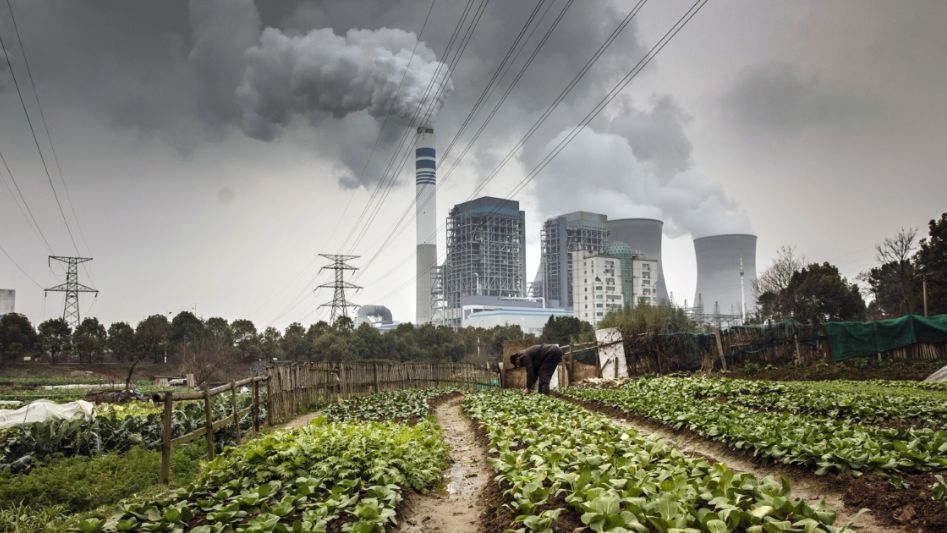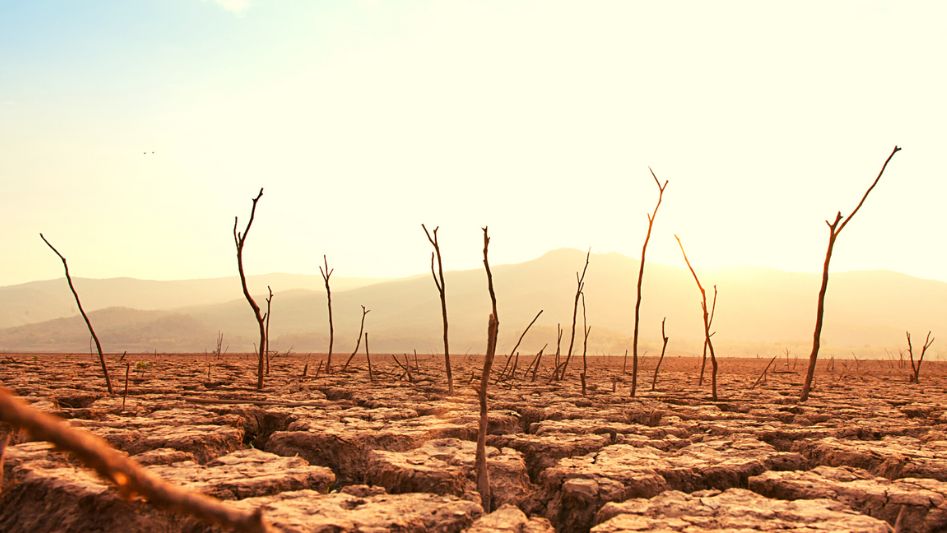Climate change is no longer a distant threat; it’s a pressing reality that affects every aspect of our lives, including the global economy. From shifting weather patterns to rising sea levels, the consequences of climate change are far-reaching and complex. This article seeks to delve into the intricate relationship between climate change and the global economy, emphasizing its implications for various sectors and offering insights into potential strategies to mitigate its adverse effects.
Table of Contents

The Impact of Climate Change on Global Economy
Climate change poses a significant challenge to the stability and growth of the global economy. The increasing frequency and intensity of extreme weather events disrupt supply chains, cause infrastructure damage, and lead to financial losses for businesses and governments alike. These climate-related disruptions create a ripple effect that touches upon multiple sectors, from agriculture and energy to finance and trade.
Agriculture and Food Security
Climate Change Impact: Erratic weather patterns, prolonged droughts, and extreme temperatures directly affect crop yields and livestock productivity. This jeopardizes food security, increases food prices, and heightens the risk of famine in vulnerable regions.
Adaptation Strategies: Developing drought-resistant crops, implementing precision agriculture techniques, and promoting sustainable land management practices can enhance agricultural resilience in the face of climate change.
Energy Sector and Transition
Climate Change Impact: Rising temperatures lead to increased energy demand for cooling, while the unpredictable availability of water hampers hydropower generation. Additionally, extreme weather events disrupt energy infrastructure, causing power outages.
Adaptation Strategies: Accelerating the transition to renewable energy sources, investing in energy storage technologies, and building resilient energy infrastructure can mitigate the impact of climate change on the energy sector.
Financial Markets and Investments
Climate Change Impact: Physical risks from climate-related disasters and transition risks from changing regulations and consumer preferences pose challenges to the stability of financial markets. Inefficiently managed risks can result in economic downturns and market instability.
Adaptation Strategies: Incorporating climate risk assessments into investment decisions, supporting sustainable financing mechanisms, and incentivizing businesses to adopt climate-friendly practices can help safeguard financial markets.

Trade and Supply Chains
Climate Change Impact: Disruptions caused by extreme weather events, sea-level rise, and transportation challenges impede the flow of goods across borders. This results in supply chain disruptions, increased costs, and decreased trade efficiency.
Adaptation Strategies: Diversifying supply chain sources, investing in resilient transportation infrastructure, and integrating climate considerations into trade policies can enhance global trade resilience.
Tourism and Hospitality
Climate Change Impact: Changing weather patterns and environmental degradation affect popular tourist destinations, impacting the tourism industry’s revenue and employment opportunities. Extreme events can lead to property damage and evacuation orders.
Adaptation Strategies: Developing sustainable tourism practices, investing in climate-resilient infrastructure for tourist destinations, and promoting eco-friendly travel can support the long-term viability of the tourism sector.
Infrastructure and Urban Development
Climate Change Impact: Rising sea levels and intense storms pose risks to coastal cities and infrastructure, resulting in substantial economic losses. Inadequate planning and construction increase vulnerability to climate-related damage.
Adaptation Strategies: Implementing climate-responsive urban planning, constructing resilient infrastructure, and adopting nature-based solutions, such as green roofs and permeable pavements, can enhance the resilience of cities.

Conclusion
The impact of climate change on the global economy is a complex and pressing issue that demands immediate attention and comprehensive action. By understanding the intricate ways in which climate shifts affect various sectors, we can implement adaptive strategies that foster resilience, sustainability, and economic growth. It is imperative for governments, businesses, and individuals to work collectively to mitigate the adverse effects of climate change and secure a prosperous future for generations to come.
FAQs
What is the relationship between climate change and the global economy?
Climate change exerts a multifaceted impact on the global economy, including disruptions to sectors like agriculture, energy, finance, trade, and more.
How does climate change affect agriculture?
Climate change leads to erratic weather patterns that harm crop yields and livestock productivity, endangering food security.
What can be done to adapt the energy sector to climate change?
Accelerating the transition to renewable energy sources, investing in energy storage, and building resilient energy infrastructure are crucial steps.
How does climate change influence financial markets?
Climate-related physical and transition risks pose challenges to financial market stability, emphasizing the need for climate risk assessments in investment decisions.
You May Also Like
- GREEN ENERGY AND CLIMATE CHANGE: MITIGATING THE IMPACT
- 5 CREATIVE IDEAS FOR COMBATING CLIMATE CHANGE IN YOUR COMMUNITY
- COOLING AND CLIMATE CHANGE: A VICIOUS CYCLE
- SCIENTISTS ANNOUNCE FUSION ENERGY BREAKTHROUGH: CLIMATE CHANGE FINAL SOLUTION?
- CARBON CAPTURE AND STORAGE: A PROMISING METHOD IN THE FIGHT AGAINST CLIMATE CHANGE
